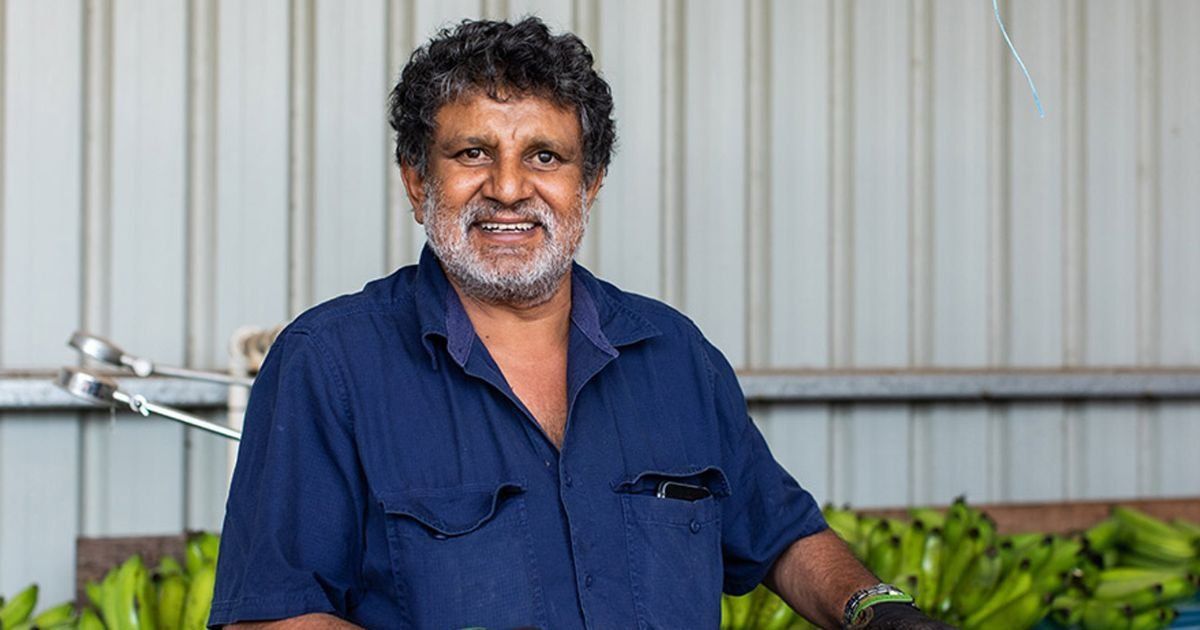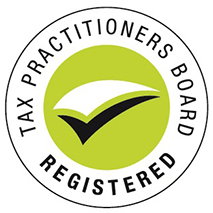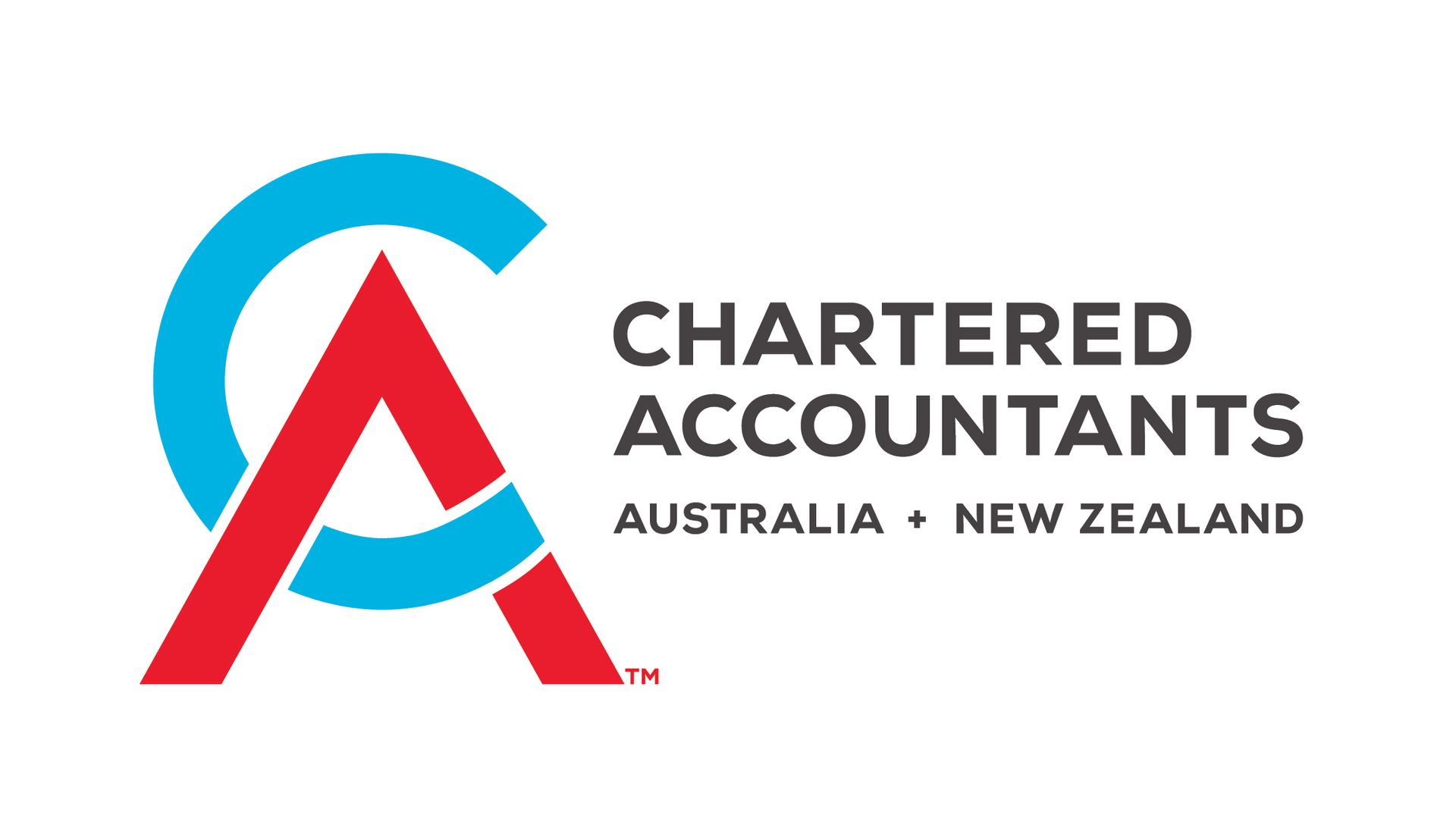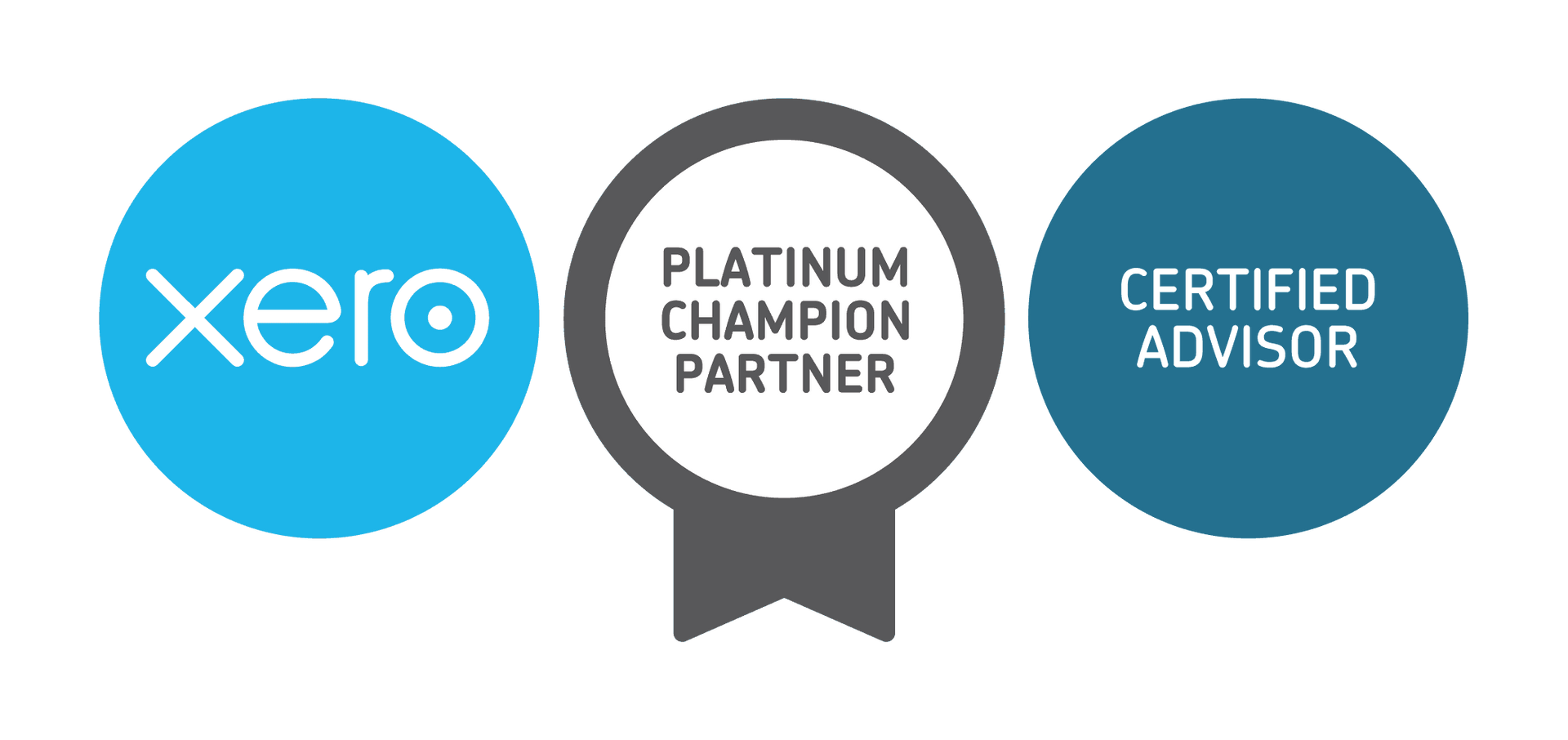Three ways to plan for your 30s

Turning 30 is often accompanied by a degree of increased financial responsibility. It’s an important milestone that generally means you have a little more financial experience under your belt. If you’re lucky, you’ve earnt your money a few different ways and probably even found more ways to spend it. So, how can your 30 something self be in the best position financially? Here are three money saving mantras to get you started.
Remember your super is super
While superannuation and retirement savings might sound uninteresting because you can’t touch it, it’s important to remember your super is “real money” and it’s yours! Investment earnings within super are concessionally taxed at a maximum rate of 15%, which may be lower than the tax you pay on investment earnings outside of super. This may mean more goes toward your future than if you were to invest outside of super.1
Generally, employers are required to contribute 11.5% of your ordinary salary and wages into a super fund on your behalf. If you are employed or self employed you can also choose to contribute extra amounts into your super via salary sacrifice, personal deductible contributions or after tax contributions, depending on your eligibility and caps on the amount you can contribute. If you are in your 30s you currently have to wait until your 60s before you can access any amount you have saved or contributed to super, however this presents a real opportunity to set things on the right course now to allow your savings to grow into the future. Most individuals can choose the super fund they want their super contributions paid into – and you can also choose how it’s invested. If you’re not sure how your super is currently invested, check your latest member statement or login to your super account online.
Don’t forget to safeguard your assets
Your 30s often bring with it the added responsibility of dependants such as a partner or family who can be reliant on you and what you bring to the household financially. So if you have people in your life who rely on you financially, it’s important to consider how they would cope if something unexpected were to happen you. Meeting household living expenses, mortgage or rent payments, plus increased care and medical costs may become more difficult without your ability to earn an income. There are four main types of insurance which can help protect you and your dependents in these circumstances. Life cover, total and permanent disablement cover (TPD), trauma cover and income protection insurance.
Life, TPD and trauma cover all pay a lump sum amount if you suffer an illness or injury and the insurance conditions have been met. Income protection insurance generally replaces a percentage of your insured income in the event you meet the insurance definition of being unable to work due to illness or injury. In certain cases you can look to hold some of these insurances through super which can be both a cost and tax effective strategy. However, keep in mind your super balance would be used to fund your insurance premiums, which would generally result in a reduced accumulated balance overtime.
Spend less than you earn
The first steps to improving your financial position and increasing your financial choice and autonomy is to make sure you’re not spending every dollar you earn. While it sounds pretty simple, putting aside a small amount on a regular basis could make all difference over the longer term. It’s good to start saving a percentage of your income to provide you with a safety net if something unexpected crops up – such as taking time off work, protecting yourself from increased expenses such as interest rate rises, or meeting unexpected health or medical expenses.
And finally …
Don’t forget to take the time and do your research so you can make informed decisions around your goals and objectives. You might also consider speaking to a financial adviser if you think you need a hand to make any decisions with confidence to make sure you move forward financially.
1. Australian Government Australian Securities & Investments Commission. “Tax & Super”. ASIC's MoneySmart, 1 July 2021, www.moneysmart.gov.au/superannuation-and-retirement/how-super-works/tax-and-super.
Source: BT













